Undergraduate Major Programs
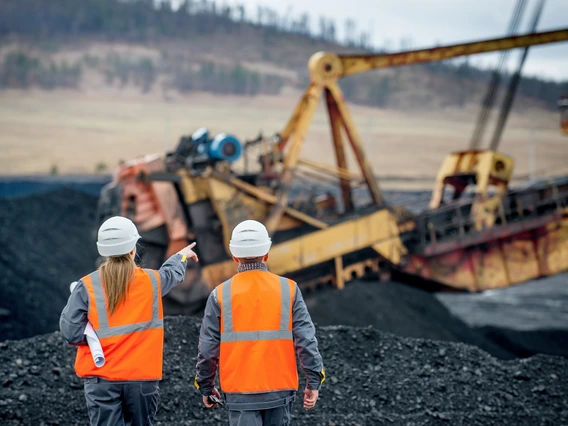
Mining Engineering
Sustainable Resource Dev Track
Prepare to be an engineer who mitigates environmental effects of mining, monitors mine sites for pollution and health hazards, develops health and safety protocols, and helps Indigenous communities develop natural resources through coursework in environmental science, economics, community development, public health, and environmental remediation. A minor in environmental science or public health is encouraged.
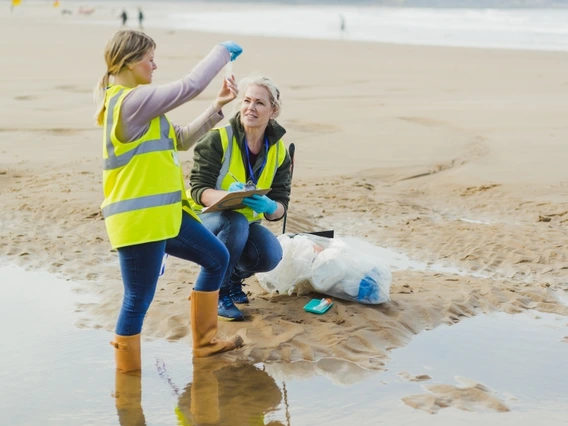
Natural Resources
Conservation Biology Emphasis
Study conservation of invertebrates, vertebrates, plants, fungi, microbes and scientific disciplines through coursework in policy, planning, and economics while acquiring highly desirable science and social-science skills and real-world experiences to pursue a career as a conservation biologist, conservation planner, environmental educator, researchers natural resource managers, or ecologist.
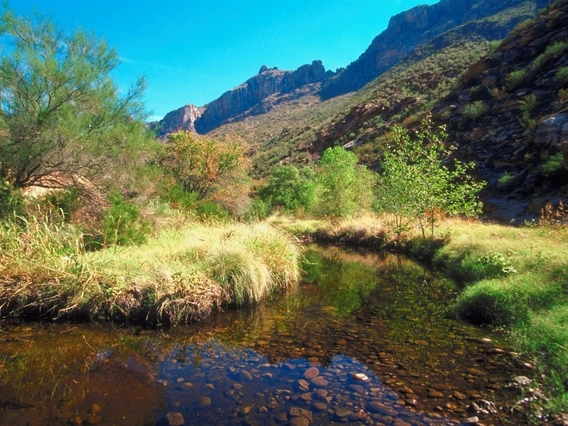
Natural Resources
Ecology, Management and Restoration of Rangelands Emphasis
Rise to the challenge of sustainably repairing and responsibly managing ecological systems with this degree, which focuses on resource management and restoration by building a strong foundation in the biological, physical, ecological and botanical sciences and field courses, internships, lab work, and opportunities to join research and restoration projects.

Natural Resources
Global Change Ecology and Management Emphasis
Gain understanding of biological and physical sciences, conservation law, socioeconomics, and new technologies for geospatial mapping and remote sensing while cultivating leadership, problem-solving, collaboration, management, and critical thinking skills to prepare for a career as a natural resource scientist, manager, and leader ready to address evolving management changes in the face of global change.
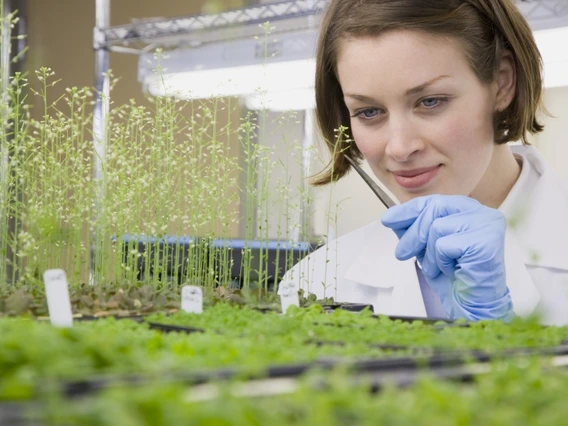
Plant Sciences
Prepare to make a difference on a global scale as a scientist or leader who understands the importance of plants in sustaining environmental and human health. You'll gain knowledge and skills in biotechnology, genomics, molecular biology, plant propagation and breeding, medicinal chemistry, and other modern approaches to 21st century agriculture.
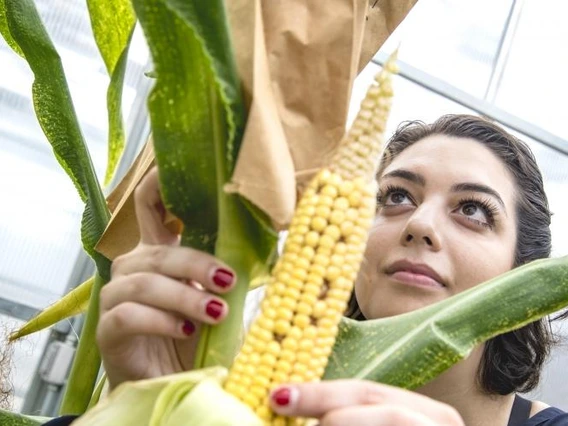
Plant Sciences
Plant Health Sciences Emphasis
Study impacts to plant health from the molecular and microscopic to the macroscopic, and prepare for a career applying plant, microbial, and insect sciences to predict plant disease; protect plant, environment, and human health; and optimize growth or yields. Work with your academic advisor and faculty mentor to customize your coursework to fit career goals.
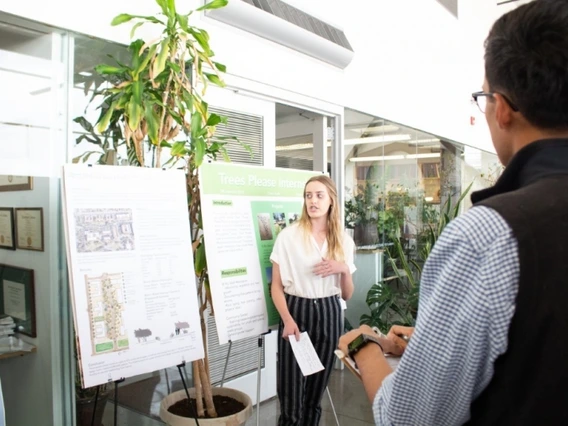
Sustainable Built Environments
Learn solutions-based environmental design, planning, and management practices to create more sustainable built environments with your own specialized focus area. Courses span the subjects of architecture, landscape architecture, urban planning, real estate development, and heritage conservation, preparing you for a career in urban agriculture, sustainable development and construction, and adaptive building use and preservation.
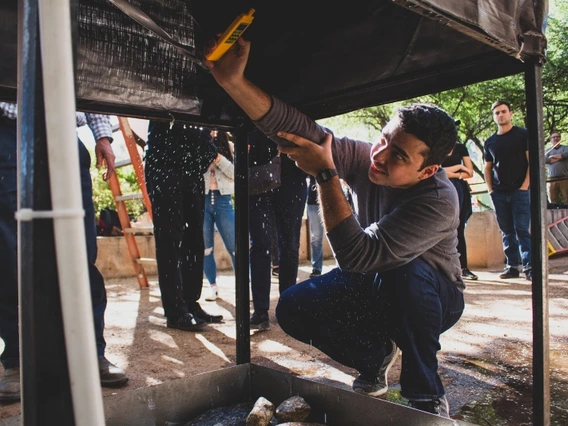
Sustainable Built Environments
Sustainable Buildings Emphasis
Hands-on coursework in climate-responsive and net-zero energy design, energy conservation, passive solar design, and natural ventilation systems teaches you to analyze existing and planned structures, apply solutions-based strategies to create workable plans to make buildings more efficient. Graduate with a practical understanding of sustainability and expertise in built environment policy and design.
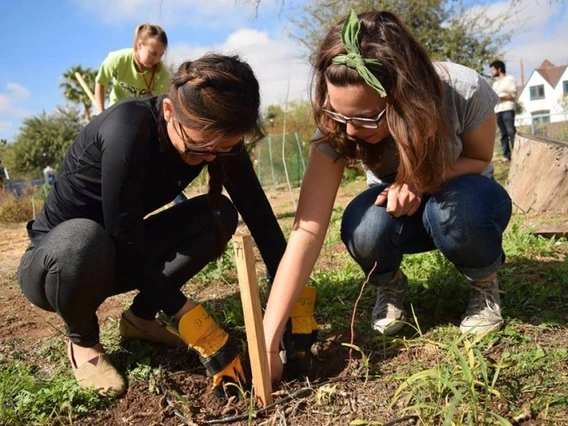
Sustainable Built Environments
Sustainable Landscapes Emphasis
Identify strategies to design innovative and sustainable landscapes while studying water harvesting, passive cooling, urban heat island mitigation, climate adaptability, how landscapes can improve human health, urban ecology, natural resource management, and environmental policy. Graduate with a deeper understanding of the pivotal role of landscapes in a community and how to make them more sustainable.
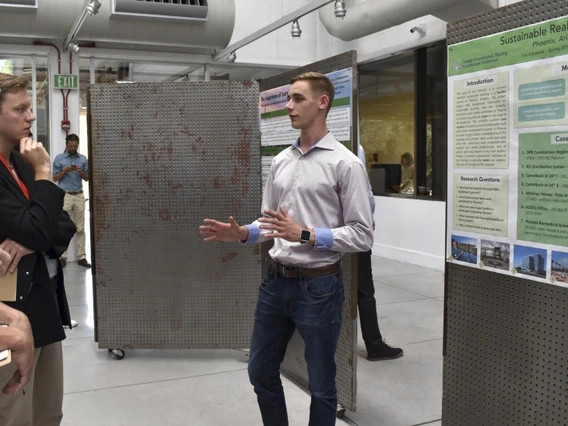
Sustainable Built Environments
Sustainable Real Estate Development Emphasis
Join the new green economy with a focus in sustainable land development and real estate finance. Coursework in sustainable practices, urban design, real estate finance, site development, and construction builds practical business skills like accounting, marketing, and economics. Enjoy collaborative learning environments that build skills in innovative thought, creativity, problem-solving, and teamwork.
Pagination
- First page
- …
- 2
- 3
- 4
- …
- Last page
Environmental Themes
Career Fields












